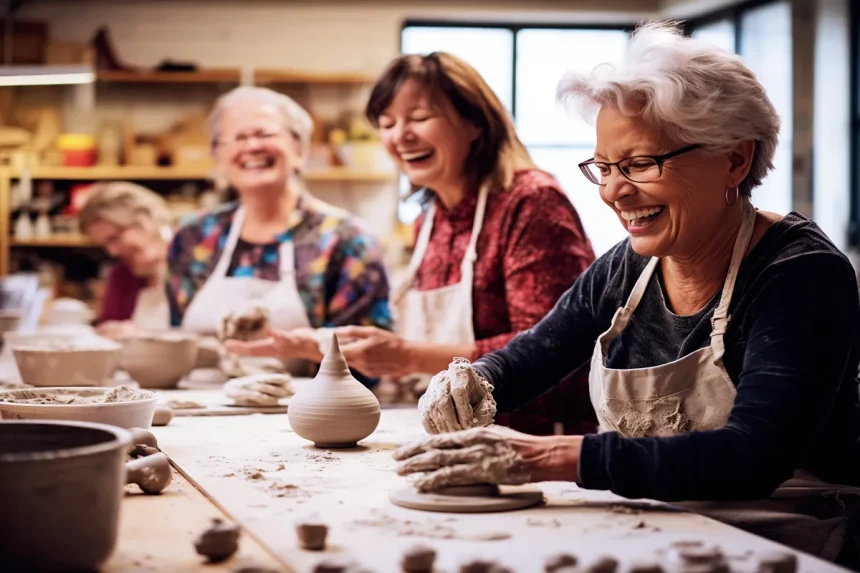Your grandmother’s cozy home, once a sanctuary of privacy and personal space, now bristles with sensors, cameras, and AI-powered devices. Every movement, every conversation, every fluctuation in her vital signs is meticulously recorded, analyzed, and stored in the cloud. Welcome to the brave new world of AgeTech, where the promise of enhanced care for our elderly comes with a hefty price tag – their privacy.
- The Digital Trojan Horse: AgeTech’s Quiet Invasion
- The Golden Data Rush: Mining the Silver Generation
- Privacy in Peril: The Hidden Costs of Constant Monitoring
- The Ethical Minefield: Navigating Consent and Autonomy
- The Double-Edged Sword: Balancing Care and Surveillance
- Reclaiming Control: Empowering Seniors in the Digital Age
In our rush to solve the challenges of a global aging population projections, we’ve inadvertently ushered in an era of unprecedented surveillance. Under the guise of safety and improved healthcare, we’re turning our seniors’ most intimate spaces into data mining in elderly care. But at what cost?
Buckle up, friends, because we’re about to embark on a journey into the heart of this digital Panopticon in elder care. We’ll explore how AgeTech innovations, while promising a revolution in elderly care, is simultaneously creating a web of surveillance that would make George Orwell’s Big Brother blush. It’s time to confront the uncomfortable truth: in our quest to care for our elders, we may be robbing them of something far more precious – their right to privacy.
Overview:
- AgeTech: enhanced care vs privacy concerns for seniors.
- Data collection: valuable insights but potential for misuse.
- Consent and autonomy: challenges with cognitive impairments.
- Balancing benefits: safety and health vs privacy and dignity.
- Need for transparency, control, and senior-focused design.
- Importance of digital literacy and ethical guidelines for AgeTech.















